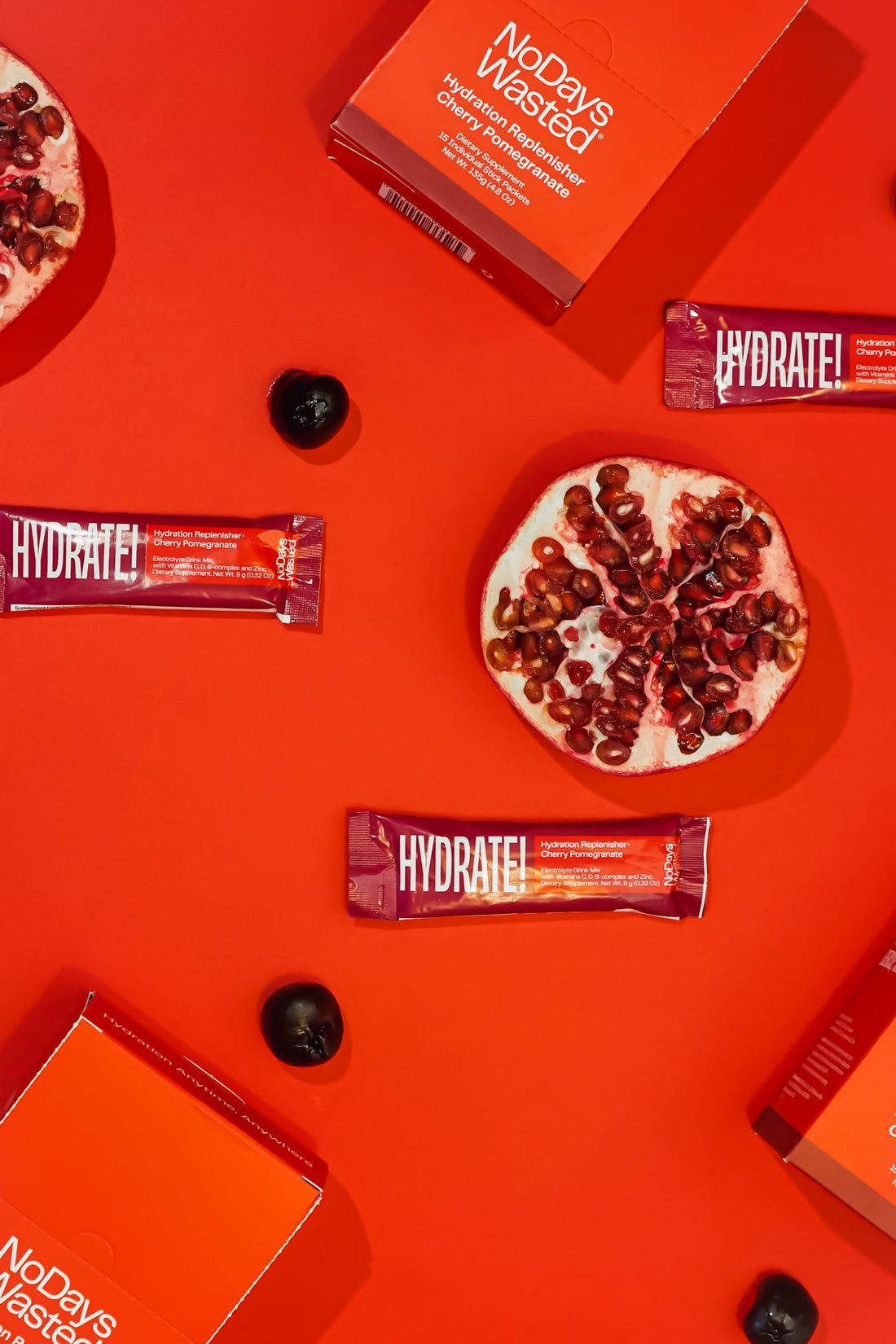Water, the elixir of life, is vital for our bodies to function optimally. Staying properly hydrated is crucial for maintaining good health and overall well-being. In this blog post, we'll delve into the importance of hydration, exploring the benefits it offers and providing practical tips to help you stay adequately hydrated throughout the day.
The Importance of Staying Hydrated:
Regulation of Body Temperature:
Water helps regulate body temperature through perspiration. When we're adequately hydrated, our bodies can effectively cool down in hot weather or during physical activities, preventing overheating.
Transportation of Nutrients:
Proper hydration ensures the efficient transportation of nutrients to cells throughout the body. It helps deliver essential vitamins, minerals, and electrolytes to support various bodily functions.
Waste Removal:
Water aids in the elimination of waste products from the body, primarily through urine and bowel movements. Staying hydrated helps flush out toxins and supports healthy kidney function.
Joint Lubrication:
Hydration is essential for maintaining joint health. Water acts as a lubricant for joints, reducing friction and supporting smooth movement.
Improved Physical Performance:
Staying hydrated during physical activities enhances performance and endurance. Water helps maintain energy levels and prevents early fatigue.
Tips to Stay Hydrated:
Carry a Reusable Water Bottle:
Keep a reusable water bottle with you at all times. This serves as a reminder to drink water regularly, and it's an environmentally-friendly option too.
Set Hydration Goals:
Set specific hydration goals throughout the day. Aim to drink a certain amount of water by different times to ensure you're staying on track.
Flavor Your Water Naturally:
If plain water seems dull, try adding our Hydration Replenisher drink mixes to your water. Not only do our electrolytes helps hydrate you properly, but add some flavor to your water that makes hitting your water intake goal a lot more tasty with immune-boosting properties.
Use Hydration Apps or Reminders:
Several mobile apps can help track your daily water intake and send reminders to drink water at regular intervals.
Eat Water-Rich Foods:
Include water-rich foods in your diet, such as fruits (watermelon, oranges) and vegetables (cucumber, lettuce). They contribute to your overall fluid intake.
Hydrate Before and After Exercise:
Drink water before and after exercise to prevent dehydration during physical activities. Aim to replace fluids lost through sweat.
Avoid Excessive Caffeine and Alcohol:
Caffeinated and alcoholic beverages can contribute to dehydration. Limit their intake and balance them with an adequate amount of water.
Staying hydrated is a simple, yet essential practice to maintain optimal health. By understanding the importance of hydration and incorporating these practical tips into your daily routine, you can ensure that your body is adequately replenished with water, allowing you to feel refreshed, energized, and ready to take on the day.
References:
Popkin BM, D'Anci KE, Rosenberg IH. Water, hydration, and health. Nutrition Reviews. 2010;68(8):439-458.
Clark WF, Sontrop JM, Huang SH, et al. Effect of coaching to increase water intake on kidney function decline in adults with chronic kidney disease: The CKD WIT randomized clinical trial. JAMA. 2018;319(18):1870-1879.
Negoianu D, Goldfarb S. Just add water. Journal of the American Society of Nephrology. 2008;19(6):1041-1043.
Palacios C, Wigertz K, Martin BR, et al. Nutritional factors affecting the calcium economy. Journal of Nutritional Biochemistry. 2010;21(9): Calcium and Bone Metabolism. 745-754.
Shirreffs SM, Sawka MN. Fluid and electrolyte needs for training, competition, and recovery. Journal of Sports Sciences. 2011;29 Suppl 1:S39-S46.
Perrier E, Rondeau P, Poupin M, et al. Relation between urinary hydration biomarkers and total fluid intake in healthy adults. European Journal of Clinical Nutrition. 2013;67(9):939-943.


